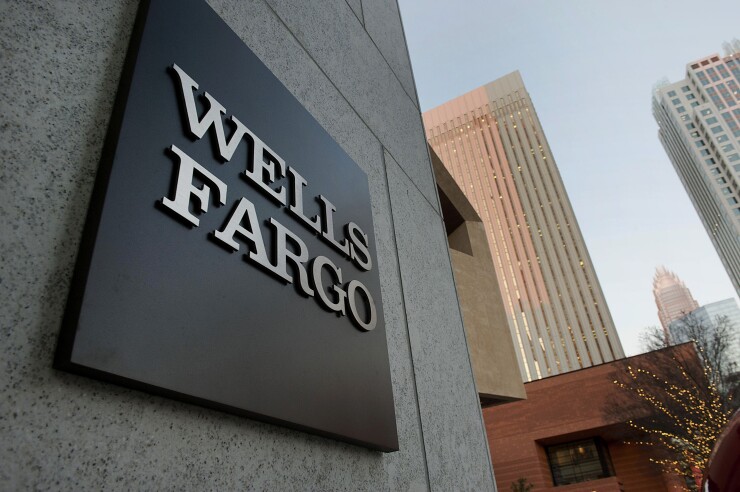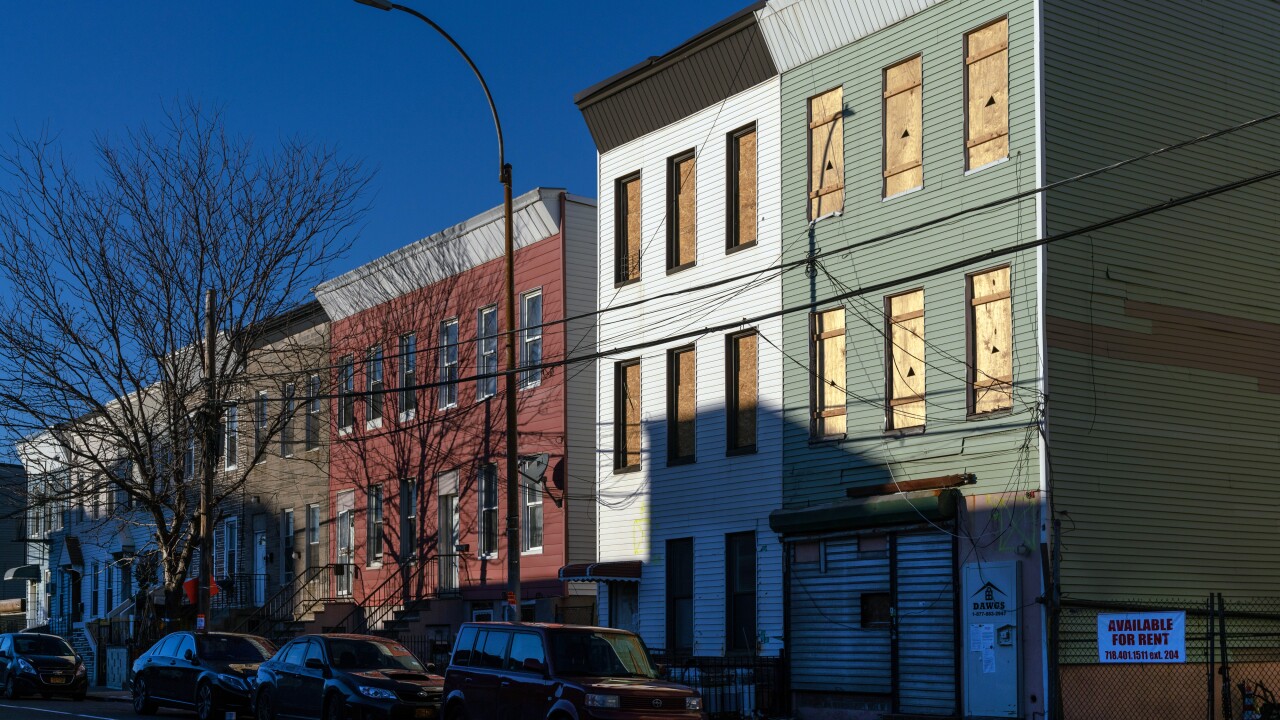Wells Fargo forced borrowers to pay millions of dollars in fees to extend interest rate locks that expired due to the bank's delays in processing mortgage applications, a lawsuit claims.
It's a common industry practice for lenders to charge fees to extend expired rate locks when late paperwork or other borrower issues delay processing. But Wells Fargo charged the fee even when rate locks expired because of the bank's own processing delays, claims the lawsuit, filed in the U.S. District Court in the Northern District of California.
A Wells Fargo spokesperson declined to comment on the lawsuit's allegations, but defended the bank's rate-lock practices.
"Our current processes are designed to ensure that our rate lock extension fee policy is interpreted and applied consistently," Tom Goyda, senior vice president in consumer lending communications at Wells Fargo, said in an email. "We continue to work through a comprehensive review of our past practices regarding rate-lock extensions that will help us evaluate the facts, and will address additional steps for our customers as appropriate."

Managers at Wells Fargo were engaged in a "systematic effort" to "wrongly offload the cost of … interest rate extensions onto borrowers," the lawsuit claims.
"Wells Fargo managers pressure employees to blame customers for the delays so that the Bank can charge rate-lock extension fees. Wells Fargo also made it difficult to not assign borrowers the fee," the lawsuit adds. "For example, while Bank-paid rate-lock extension fees appear to have required the approval of a regional manager, determinations of borrower-caused delays did not. Moreover, if mortgage consultants accumulated too many borrower-charged extension fees in their files, they were reportedly subject to reprimand."
The plaintiff, first-time home buyer Victor Muniz, alleges he was charged $287.50 to extend his expired rate lock, despite being told by a Wells Fargo employee he would not have to pay the fee.
The lawsuit relies heavily on news accounts and complaints to banking regulators to substantiate its claims. It alleges Wells Fargo violated the federal Real Estate Settlement Procedures Act, Truth in Lending Act and various state laws.
Keller Rohrback LLP in Seattle, which previously filed a lawsuit against Wells related to
The lawsuit follows a Consumer Financial Protection Bureau investigation into Wells' rate-lock extension practices.
"The CFPB has commenced an investigation into the Company's policies and procedures regarding the circumstances in which the Company required customers to pay fees for the extension of interest rate lock periods for residential mortgages," Wells Fargo disclosed





